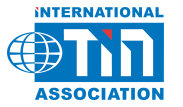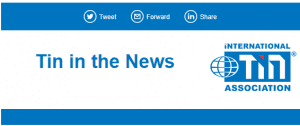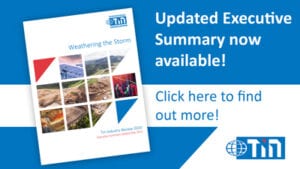Indonesia’s trade ministry announced on Friday that a long-awaited change in export regulation 32/2013 will come into force from the start of November, and includes tighter controls on sales of non-ingot products. The original regulation required that all tin ingots exported from Indonesia must be traded via a local exchange, the ICDX. However since September last year 20% of all tin inspected by surveying companies prior to shipment has been classified as solder or other non-ingot tin products, with the proportion rising to over 40% in some months.
The revised regulation, as summarised from an e-mailed statement by Bloomberg, sets minimum purity standards for pure tin (99.9% for ingots and 99.93% in other forms) and maximum levels for solder (99.8%) other tin products (96%), while also setting standards for labelling, packaging, size and shape of refined tin ingot and solder for export. Registered exporters must renew their licenses to comply with new rule by March 1, 2015. In a separate statement PT Timah also pointed out that tin will be classified into four different types (pure tin ingots and other shapes, solders and other alloys) and that each company can hold only one type of export licence.
The revision to the regulation “aims at creating legal certainty and a conducive business climate, securing raw material for domestic industry, as well as increasing added value and monitoring of tin exports”, Director General of Foreign Trade Partogi Pangaribuan said in the statement.


